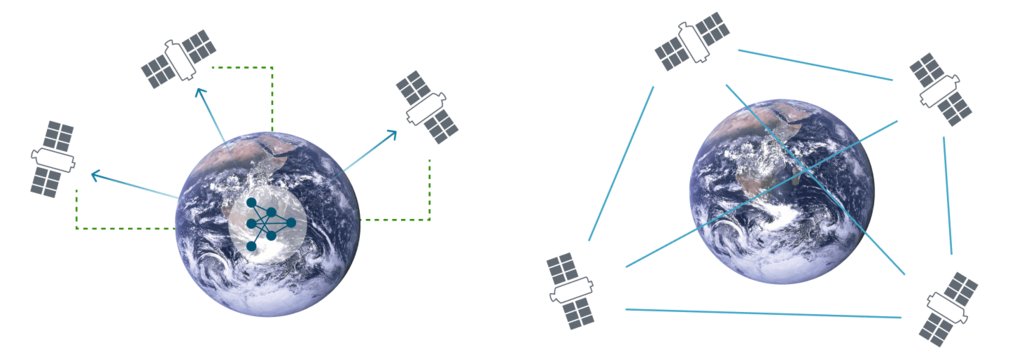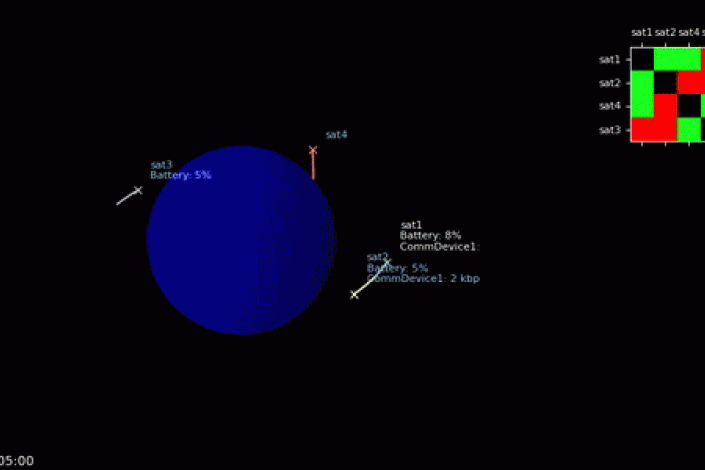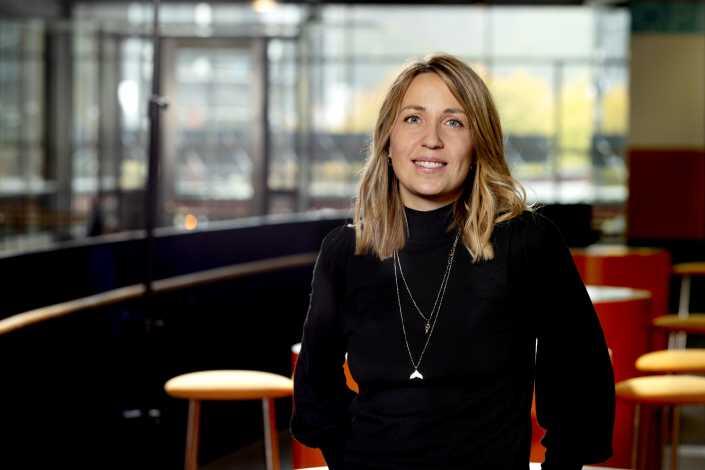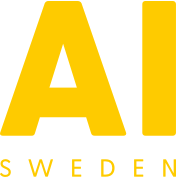Φ-lab@Sweden on Edge Learning in Space
The European Space Agency (ESA) and AI Sweden have signed a letter of intent to establish a space innovation lab, Φ-lab @Sweden. Its mission is to accelerate the use of AI in new applications for Earth observation by developing solutions in the area of Edge Learning in space.

Φ-lab(@)Sweden aims to gather industry, public sector, entrepreneurs, investors, and researchers to strengthen the European innovation activities for space applications and the space industry sector in Earth observation and AI. The lab complements other Swedish resources such as the Swedish Space Data Lab, established from collaboration between the Swedish National Space Agency, Luleå University of Technology, RISE, and AI Sweden.
AI Sweden and Φ-lab @Sweden
In the near future, many space-related applications will need technology that enables AI on board. Φ-lab @Sweden intends to explore innovative ways to train AI models in space with access to hardware from several of AI Sweden’s partners, for example a development version of hardware that imitates the setup in a satellite constellation setting. Access to real hardware reduces the gap between experiments in the lab and reality in space. When researchers and innovators can experiment with different hardware, frameworks, and tools it accelerates the process from idea to impact.
Using AI in space means many challenging tasks can be completed faster, more accurately, and at a greater scale than traditional means. Possible use cases for AI and satellite data include identifying environmental incidents such as flooding, algal blooms, and fires, or human activities such as illegal fishing, deforestation, pollution, and more.
Why edge learning in space?
Today, AI models are trained by transferring as much data as possible from sensors to a central storage and compute location. In general, the more data, the better the quality of the resulting model. However, as the number of satellites increases, the available bandwidth to transfer data will become less and less. Thus, data transfer costs are expected to rise, it will take longer to transfer enough data to Earth to train models, and the models will be less accurate if less data is transferred.
Edge learning (also known as decentralized learning, federated learning, or swarm learning) is a technology that has the potential to revolutionize the development of AI for space applications by solving these challenges. This would save both money and resources since there is no need to send large amounts of data to the Earth.
What is Φ-lab?
As part of the Boost Green and Digital Commercialisation priority of its Agenda 2025 strategy and building on the experience of the existing Φ-lab @ESRIN with its focus on delivering transformative innovations aimed at market adoption, ESA is creating a dynamic network of Φ-labs across ESA and Europe. Φ-lab @Sweden is the first to be established within this larger network.
What is decentralized learning? - An introduction to Edge Learning Lab
What does decentralized learning mean for AI? Here's how AI Sweden uses decentralized learning in a nutshell.
Φ-lab @Sweden Kickoff - Machine Learning Onboard Spacecraft
At the kickoff event, collaborators from AI Sweden, European Space Agency (ESA) and the Swedish National Space Agency (Rymdstyrelsen) showcased the planned research and explain the envisioned collaboration opportunities. A special keynote was given by our invited speaker, Dr. Rochelle Schneider, ESA.

Φ-lab @Sweden will collect many types of data that relate to different types of use cases, as well as a range of hardware and frameworks. These will provide a basis to conduct applied research.
Models are generally meant to be mediators of reality. Constellations of satellites will use edge learning to train AI to explore autonomy and decision-making onboard for Earth Observation. Researchers in Φ-lab @Sweden are using simulations to model onboard constraints, adding reality during edge learning.
Getting involved
Φ-lab @Sweden can be joined by all AI Sweden’s partners who have a use case or those partners who want to contribute to ongoing projects. Get in touch with Chiara Ceccobello if you want to learn more about the Φ-lab @Sweden and how you could get involved.
Research
PAseos Simulates the Environment for Operating multiple Spacecraft
PASEOS is an open-source Python module that is capable of modeling operational scenarios involving one or multiple spacecraft. It considers several physical phenomena including thermal, power, bandwidth, and communications constraints as well as the impact of radiation on spacecraft. PASEOS can be run both as a high-performance-oriented numerical simulation and/or in a real-time mode directly on edge hardware. Find the code here and the accompanying paper here.

For more information, contact


